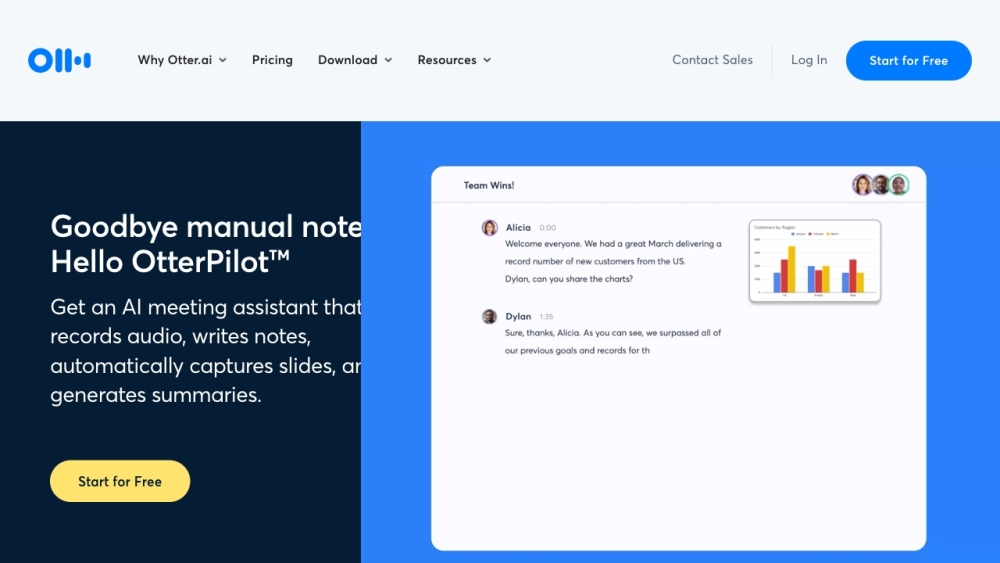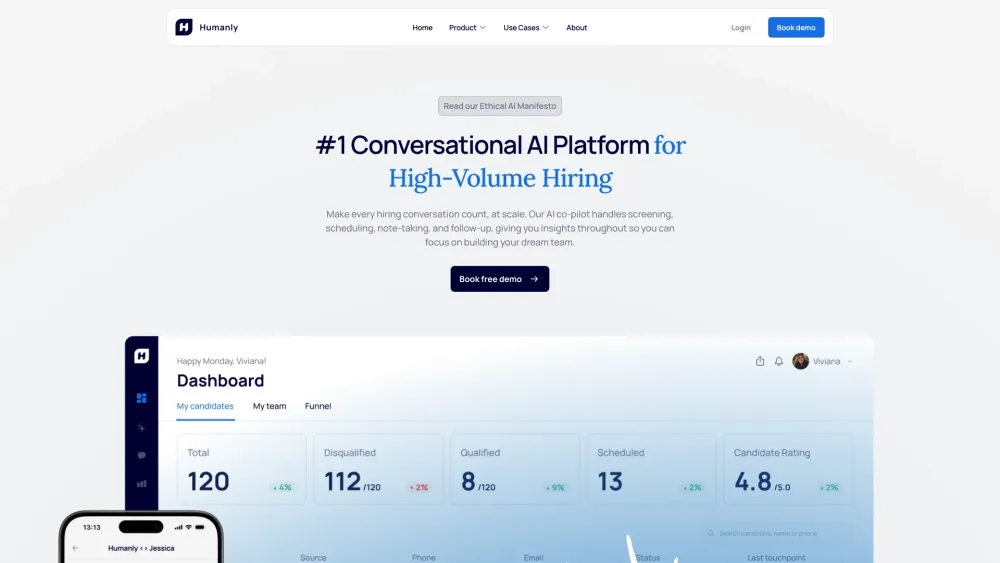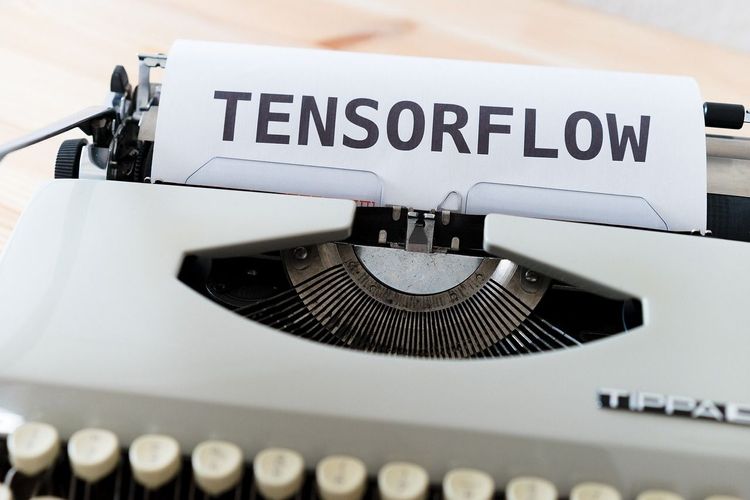Transforming MRI Scanning: Revolutionizing Patient Care with FastMRI
Magnetic Resonance Imaging (MRI) has been a critical tool for physicians since the 1970s, providing essential insights into internal bodily structures. However, traditional MRI machines are slow and require patients to remain perfectly still, posing challenges for small children and individuals experiencing time-sensitive medical emergencies like strokes.
After two years of research, teams from Facebook AI and NYU Langone Health have introduced a groundbreaking neural network called fastMRI. This innovation reduces MRI scanning time from over an hour to just a few minutes, utilizing only 25% of the data required by conventional machines to produce comparable images.
How FastMRI Works
MRIs function by creating a powerful, localized magnetic field that excites the atomic nuclei of certain elements, such as hydrogen. These nuclei absorb radio frequency (RF) energy and subsequently reemit it, which can be measured as RF frequency. Dr. Dan Sodickson, a researcher at NYU Langone Health, explains that the buzzing sound you hear during an MRI is the collection of this raw data, known as k-space.
Traditionally, once k-space is filled, the scan concludes, and the collected data undergoes a Fourier transform to generate a visual image. FastMRI, however, accelerates this process by requiring only a fraction of the data. Instead of analyzing existing images at faster speeds, it actively generates new images from raw data, yielding results that are virtually indistinguishable from standard MRIs.
Clinical Validation and Impact
To validate the effectiveness of fastMRI, Facebook enlisted six radiologists to assess two sets of MRI scans of a patient's knee—one from a traditional MRI and the other from fastMRI. Remarkably, the evaluation revealed no significant differences, with five of the six radiologists unable to identify which images were AI-generated.
Nafissa Yakubova, a researcher at Facebook AI, highlighted that they leveraged a vast dataset, including thousands of knee MRI cases and a repository of brain scans containing up to 800 images each, to train the fastMRI model.
This innovation alleviates the anxiety of patients who may be uncomfortable in traditional MRI machines, while also enabling hospitals to serve more patients efficiently. As Dr. Sodickson noted, the availability of MRI machines varies significantly across facilities and regions, often leaving patients waiting for scans.
Open Source and Future Potential
FastMRI's software is designed to work with existing MRI machines, requiring no physical modifications. This open-source model allows any manufacturer to access and implement the technology, although FDA certification will be necessary before deployment.
In conclusion, fastMRI represents a significant leap forward in MRI technology, streamlining the scanning process and enhancing patient experience while expanding access to essential diagnostic imaging.





